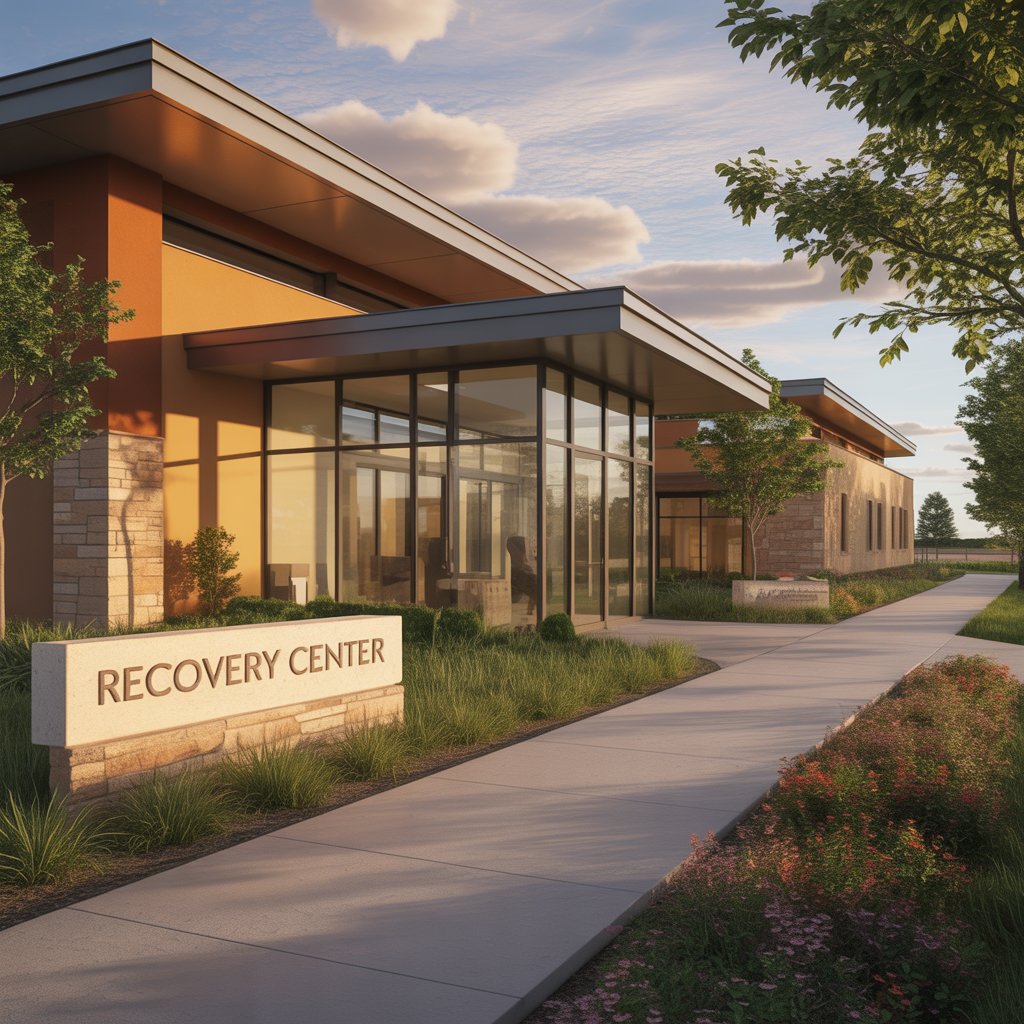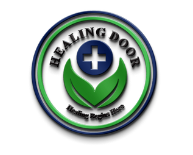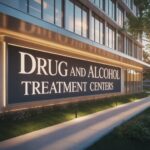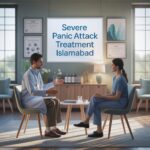Healing at Drug and Alcohol Treatment Centers
The journey from addiction to recovery is one of the most profound transformations a human can undergo. It’s a path paved with courage, resilience, and the unwavering decision to reclaim one’s life. For individuals and families grappling with the chaos of substance use disorders, this journey often begins with a single, pivotal step: reaching out to professional drug and alcohol treatment centers. These facilities are not merely buildings; they are sanctuaries of hope, designed to provide the medical care, therapeutic support, and compassionate guidance necessary for lasting healing.
Understanding what these centers offer, and how to choose the right one, is the foundation upon which a successful recovery is built. This comprehensive guide aims to demystify the process and illuminate the path forward.
More Than Just Detox: The Holistic Model of Modern Treatment
A common misconception is that rehabilitation is solely about detoxification—ridding the body of addictive substances. While medically supervised detox is a critical first step for safety and stability, it is only the beginning. The true work of recovery happens in the weeks and months that follow, addressing the underlying psychological, emotional, and behavioral patterns that fuel addiction.
Modern, effective drug and alcohol treatment centers operate on a holistic model. This means they treat the whole person, not just the addiction. They recognize that substance abuse often stems from, or coexists with, unresolved trauma, mental health disorders like depression or anxiety, chronic stress, and a lack of healthy coping skills. Therefore, a comprehensive treatment plan must integrate a variety of therapies to heal the mind, body, and spirit simultaneously.
The Core Components of Effective Treatment
When evaluating drug and alcohol treatment centers, it’s essential to look for a facility that offers a multi-faceted approach. Here are the key components that constitute a robust treatment program:
1. Comprehensive Assessment and Individualized Treatment Planning
The journey begins with a thorough assessment conducted by a team of medical and mental health professionals. This evaluation gathers information about the individual’s substance use history, physical and mental health, family background, and social circumstances. There is no one-size-fits-all solution to addiction. The gold standard of care is a fully personalized treatment plan tailored to meet the unique needs, strengths, and goals of the individual.
2. Medically Supervised Detoxification
The initial phase of withdrawal can be physically uncomfortable and, in some cases, medically dangerous. A reputable center provides 24/7 medical supervision during detox. Doctors and nurses can administer FDA-approved medications to manage withdrawal symptoms, reduce cravings, and ensure the patient’s safety and comfort. This medically managed process creates a stable and secure foundation for the therapeutic work to come.
3. Evidence-Based Psychotherapy
This is the cornerstone of addiction treatment, where individuals uncover the root causes of their addiction and learn new ways of thinking and behaving. Key modalities include:
- Cognitive Behavioral Therapy (CBT): Helps patients identify and change destructive thought patterns and behaviors related to their substance use.
- Dialectical Behavior Therapy (DBT): Focuses on building skills in four key areas: mindfulness, distress tolerance, emotion regulation, and interpersonal effectiveness.
- Motivational Interviewing (MI): A client-centered counseling style that enhances an individual’s motivation to change by resolving ambivalence.
- Trauma-Informed Therapies: Such as EMDR (Eye Movement Desensitization and Reprocessing), which are crucial for processing underlying traumatic experiences.
4. Dual Diagnosis Treatment for Co-Occurring Disorders
It is estimated that nearly half of those struggling with addiction also have a coexisting mental health condition. This is known as a dual diagnosis. Treating the addiction without addressing the underlying depression, anxiety, PTSD, or bipolar disorder is a recipe for relapse. The best drug and alcohol treatment centers have integrated treatment programs where both disorders are addressed concurrently by a team of psychiatrists and therapists.
5. Group Therapy and Peer Support
Addiction thrives in isolation, and recovery flourishes in community. Group therapy provides a powerful platform for individuals to share their experiences, challenges, and successes with peers who truly understand. It reduces stigma, builds interpersonal skills, and fosters a profound sense of connection and accountability. The shared wisdom and encouragement found in these groups are invaluable assets in recovery.
6. Holistic and Wellness-Focused Activities
Healing extends beyond the therapy room. Top-tier centers incorporate activities that promote overall well-being, such as:
- Mindfulness and Meditation: Teaching techniques to manage stress and stay grounded in the present moment.
- Yoga and Physical Fitness: Helping to repair the body, release endorphins, and rebuild a positive relationship with one’s physical self.
- Nutritional Counseling: Educating on how a balanced diet can repair damage from addiction and stabilize mood.
- Art and Recreational Therapy: Providing creative outlets for expression and rediscovering joy.
7. Family Therapy and Involvement
Addiction is a family disease; it impacts everyone in the user’s orbit. Family therapy sessions are essential for healing broken trust, improving communication, and educating loved ones about the nature of addiction. By involving the family, the center helps to create a healthy, supportive home environment that will be crucial for long-term recovery.
8. Robust Aftercare and Relapse Prevention Planning
Recovery is a lifelong journey, and the transition back to everyday life after treatment requires careful planning. A premier center will not discharge a patient without a detailed aftercare plan. This includes connections to outpatient therapy, sober living housing recommendations, and linkages to community support groups like Alcoholics Anonymous (AA) or SMART Recovery. Relapse prevention planning equips individuals with concrete strategies to identify and navigate triggers, manage cravings, and maintain their sobriety in the face of real-world challenges.

Taking the First Step
Choosing to enter a treatment center is an act of profound strength. It is the decision to stop struggling alone and to allow a team of dedicated professionals to guide you toward a healthier, more fulfilling life. If you or someone you love is struggling, know that hope is not lost. By seeking out a reputable facility that embodies these comprehensive principles of care, you are opening the door to a new dawn—a life defined not by addiction, but by purpose, connection, and lasting wellness.
Frequently Asked Questions (FAQs)
1. How long does the typical treatment program last at a drug and alcohol treatment center?
There is no single “typical” duration, as the length of stay is highly personalized. While short-term programs (e.g., 30 days) can provide a strong start, many individuals benefit significantly from longer-term programs (60 or 90 days). The recommended duration is based on the initial comprehensive assessment and depends on the severity of the addiction, the presence of any co-occurring mental health disorders, and the individual’s progress throughout treatment. The primary goal is to ensure you have a solid foundation in recovery before transitioning back to daily life.
2. What is the difference between inpatient and outpatient rehab?
The main difference is the level of care and living arrangement.
- Inpatient (or Residential) Treatment: You live at the facility for the duration of your program. This provides a highly structured, 24/7 supportive environment, completely free from the triggers and stresses of home. It is often recommended for those with severe addictions, unstable home environments, or co-occurring disorders.
- Outpatient Treatment: You live at home and travel to the center for scheduled therapy and treatment sessions multiple times per week. This option offers more flexibility for those with strong home support systems and work or family obligations, but requires a high level of personal commitment to avoid triggers outside of treatment hours.
3. My loved one has a dual diagnosis. How do you treat both the addiction and the mental health condition simultaneously?
This is a core strength of a quality treatment center. We provide integrated dual diagnosis treatment, meaning our team of addiction specialists and mental health professionals (including psychiatrists) work together to create one cohesive plan. Instead of treating the addiction and the mental health disorder as separate issues, therapy addresses how they interact. For example, we teach coping skills to manage anxiety without resorting to substance use, and we may use specific medications that help stabilize mood while supporting sobriety. Treating both conditions at the same time is essential for achieving lasting recovery.
4. How do you ensure privacy and confidentiality during treatment?
Your privacy is of the utmost importance and is protected by strict laws and ethical guidelines, including HIPAA. All information about your identity, treatment, and medical history is kept completely confidential. We create a safe and discreet environment where you can focus entirely on your healing without concern for your personal information being shared.
5. What happens if a person relapses after completing treatment?
Recovery is a journey, and relapse can sometimes be a part of that process—it is not a sign of failure. It is, however, a sign that the aftercare plan needs to be adjusted. Our commitment to our clients extends beyond discharge. If a relapse occurs, we encourage immediate contact. We will work with you to re-evaluate the situation, understand the triggers that led to the relapse, and modify the treatment and aftercare plan to provide additional support and strengthen your relapse prevention strategies.



